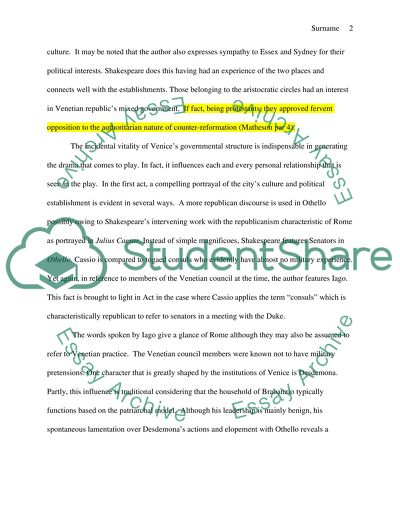Cite this document
(“Othello by William Shakespeare literally Sociological criticism Research Paper”, n.d.)
Retrieved from https://studentshare.org/literature/1585911-othello-by-william-shakespeare-literally-sociological-criticism
Retrieved from https://studentshare.org/literature/1585911-othello-by-william-shakespeare-literally-sociological-criticism
(Othello by William Shakespeare Literally Sociological Criticism Research Paper)
https://studentshare.org/literature/1585911-othello-by-william-shakespeare-literally-sociological-criticism.
https://studentshare.org/literature/1585911-othello-by-william-shakespeare-literally-sociological-criticism.
“Othello by William Shakespeare Literally Sociological Criticism Research Paper”, n.d. https://studentshare.org/literature/1585911-othello-by-william-shakespeare-literally-sociological-criticism.


